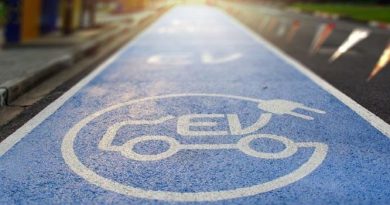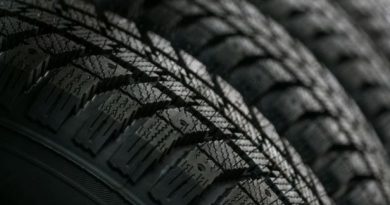New FAME proposals push industry towards producing EV batteries locally

The second phase of Faster Adoption And Manufacturing of (Hybrid &) Electric Vehicles in India (FAME India) scheme, currently being drafted proposes long-term tax exemptions for domestic manufacturing and heavy duties on equipment imports.
The proposal mandates the sourcing of a minimum 50% domestic content for electric vehicles in the first year, 60% in the second year and 70% in the third year, a government official said. The present share of local content in the electric vehicles market is 35%, largely due to battery imports that amount for a major cost of electric vehicles. Incentives and tax breaks will make the transitioning to high local content easier for local auto manufacturers.
FAME II, the Rs 8,370-crore proposal will aim to switch the country’s public transport system to fully electric and promote e-mobility and is expected to be finalised over the next month. The new proposal will provide financial incentives to alternate energy vehicles used for public transport, commercial vehicles and high-speed two-wheelers for a five year period, awaiting approval from the Union Cabinet. The direct beneficiaries of this scheme will be domestic car makers such as Tata Motors and Mahindra & Mahindra which are the two key contributors to local end product EV market.
The scheme will provide fiscal and non-fiscal incentives to electric vehicle firms for five years. The incentives will include tax deductions, subsidised land and power availability and added exemptions on duty. Non-fiscal incentives will include waiver of road tax and registration charges for electric vehicles.
Various state governments have started inviting tenders for electric vehicles for public transport systems. Recent tenders were met by low bids from companies like Ashok Leyland, Tata Motors and BYD-Goldstone Infratech who are releasing wave after wave of Electric buses for the Chinese government. Presently, EV sales are at 1% of total vehicle sales in India but with the proposed changes and amendments in the laws and regulations it has the potential to grow to more than 5% in a few years, according to the Society of manufacturers of Electric Vehicles.
More than 95% electric vehicles on Indian roads are low speed electric scooters with 25 KMPH limit which do not require registration and licences. Most of these run on lead batteries to keep the prices low, following a similar suite by reducing tax implications and waiving registrations more electric vehicles can be pushed into the Indian market.
![]()




